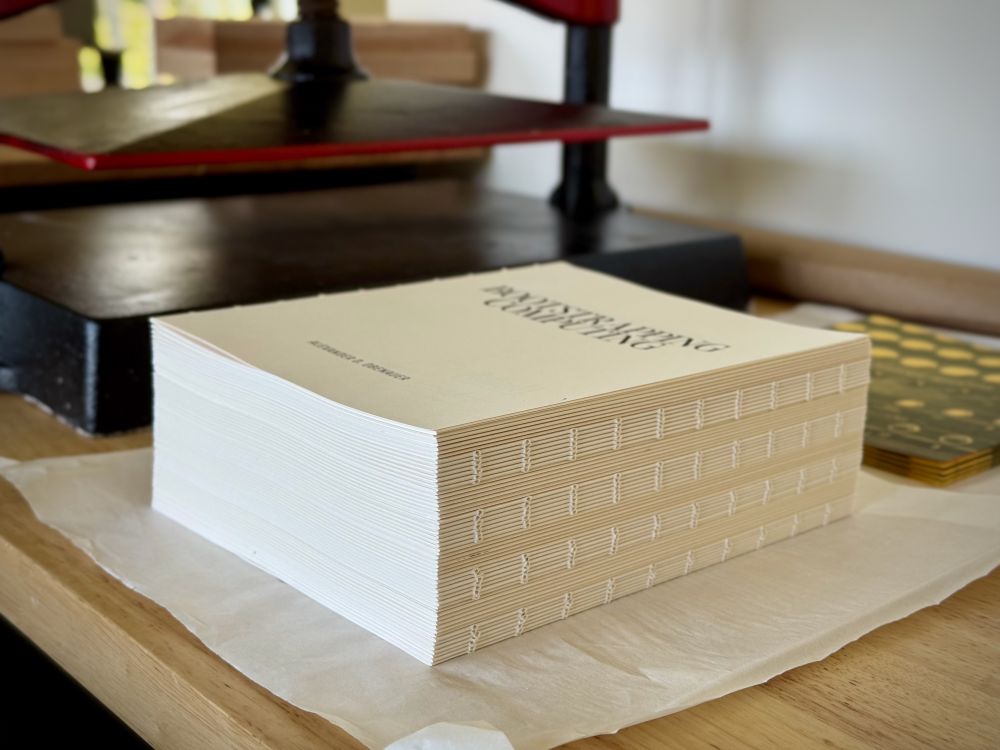
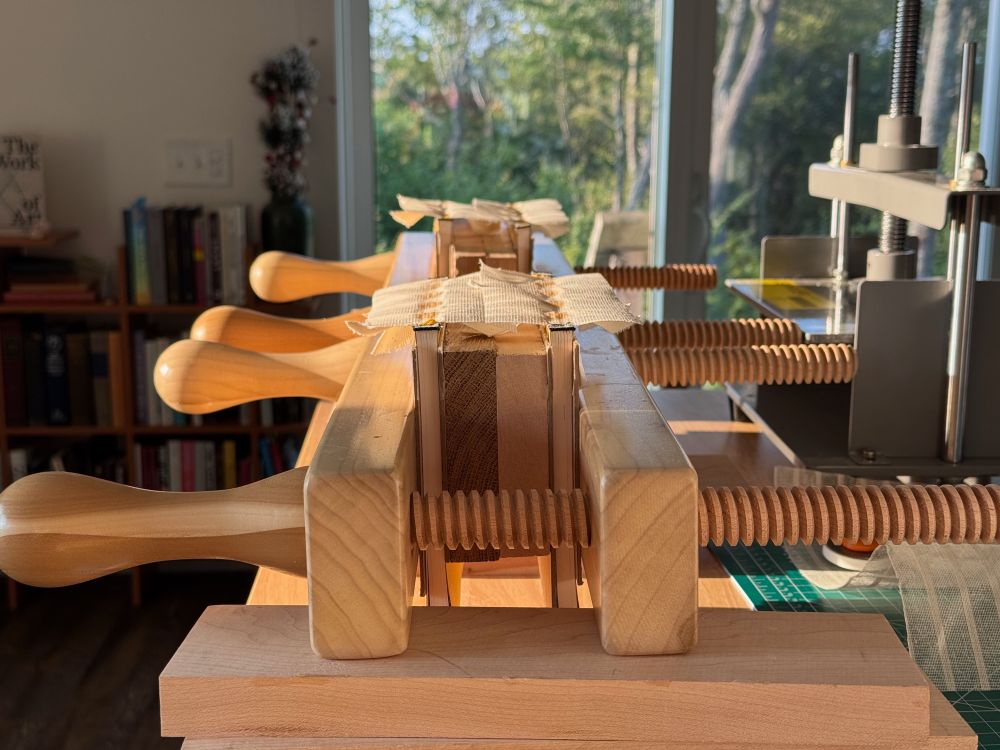
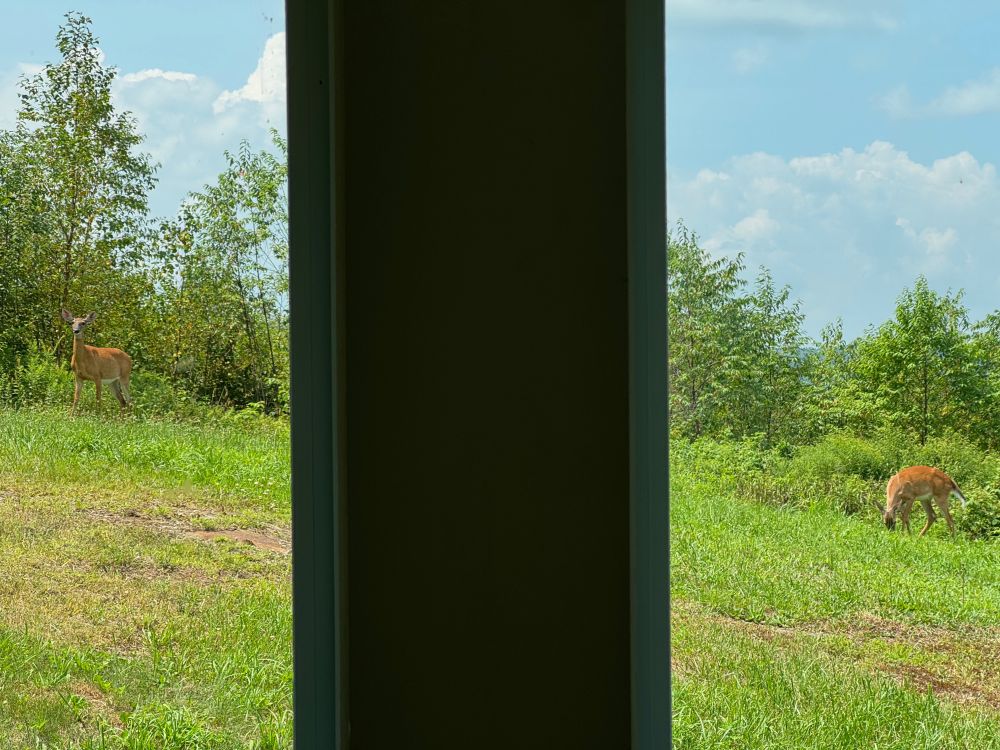
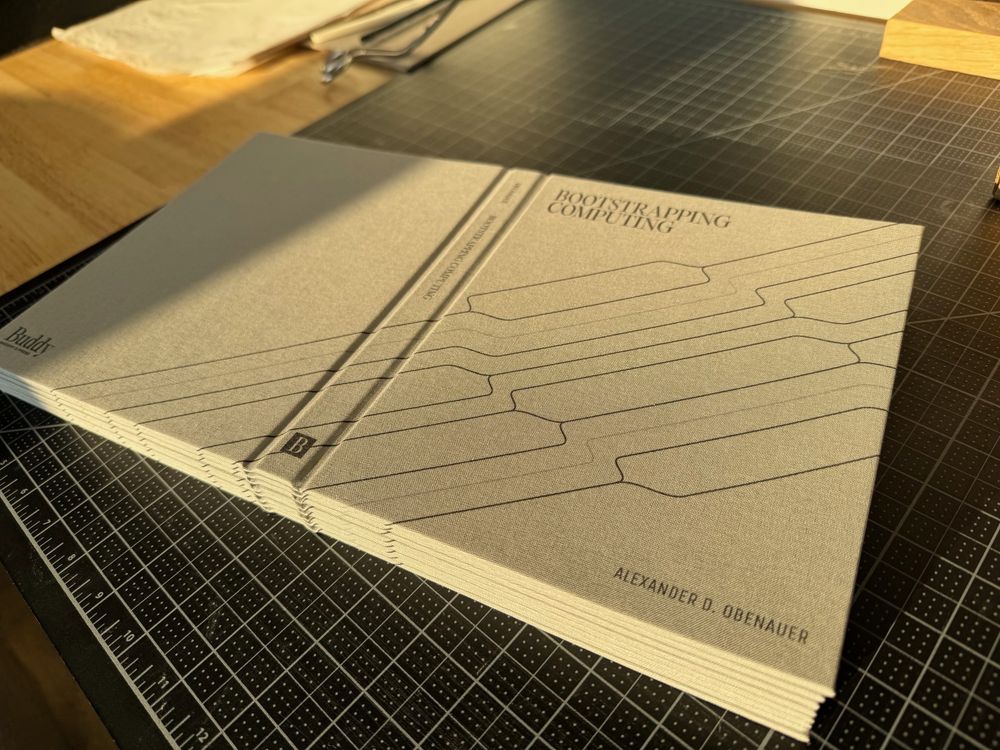
This week:
Making books and watching deer.
@alexanderobenauer.com.bsky.social
I'm exploring the interfaces with which we think & the future of personal computing → alexanderobenauer.com




This week:
Making books and watching deer.
You can see that it pulled quotes out of my notes (Kay's in this screenshot) and intersected ideas that I hadn't myself (Fermi Paradox and interfaces as the main bottleneck, two things I'd taken separate notes on).
28.07.2025 16:08 — 👍 2 🔁 0 💬 0 📌 0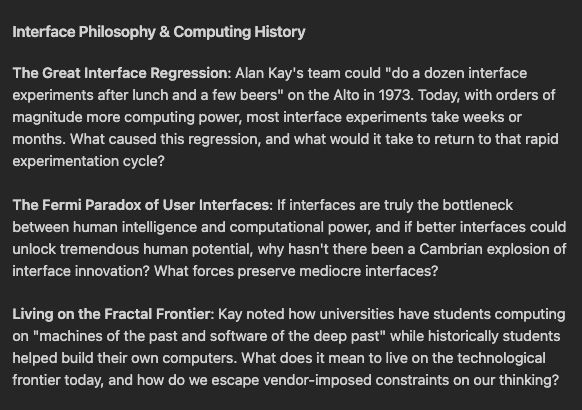
I gave Claude Code access to my Obsidian vault and asked it to give me some questions / prompts. It asked things like:
- What forces preserve mediocre interfaces?
- How do we escape vendor-imposed constraints on our thinking?
Here's a small taste:
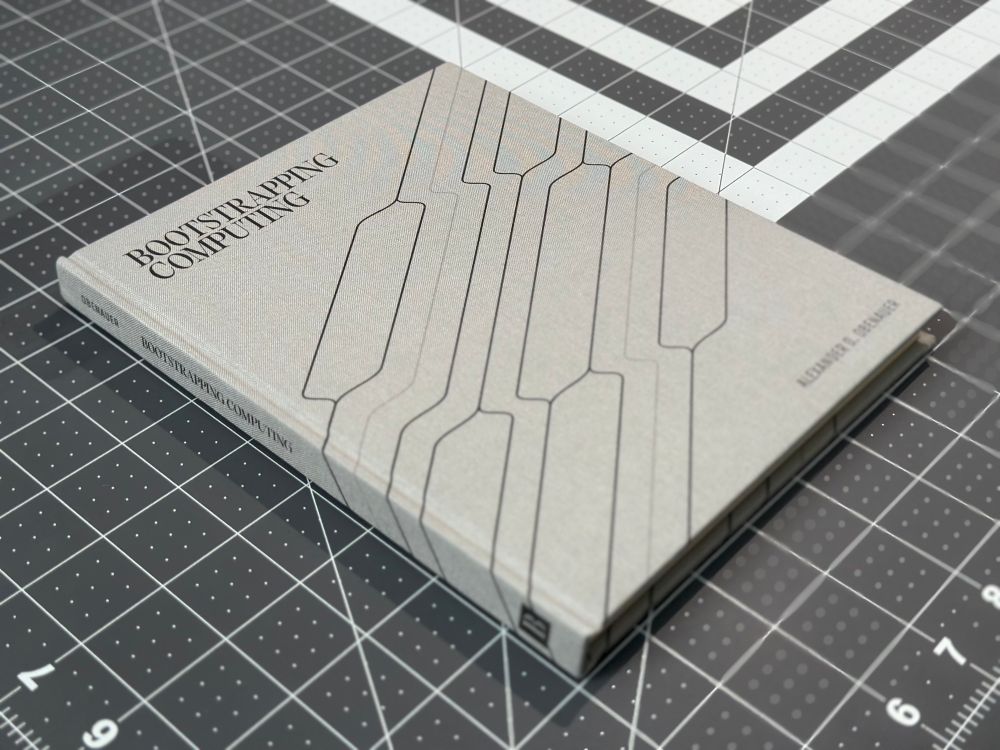
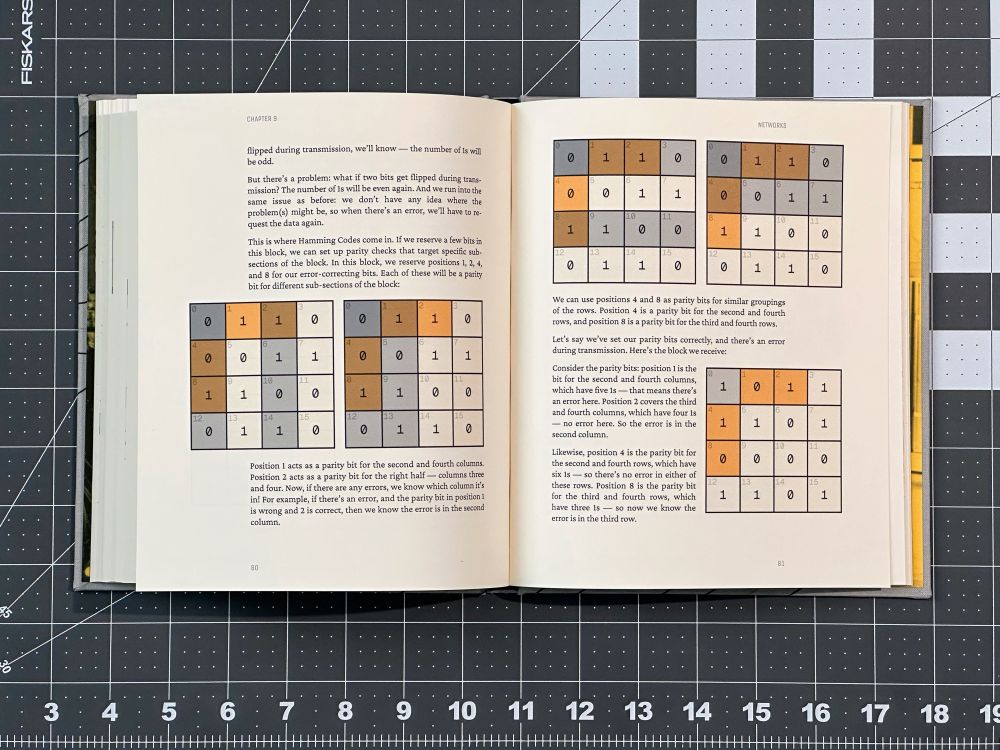
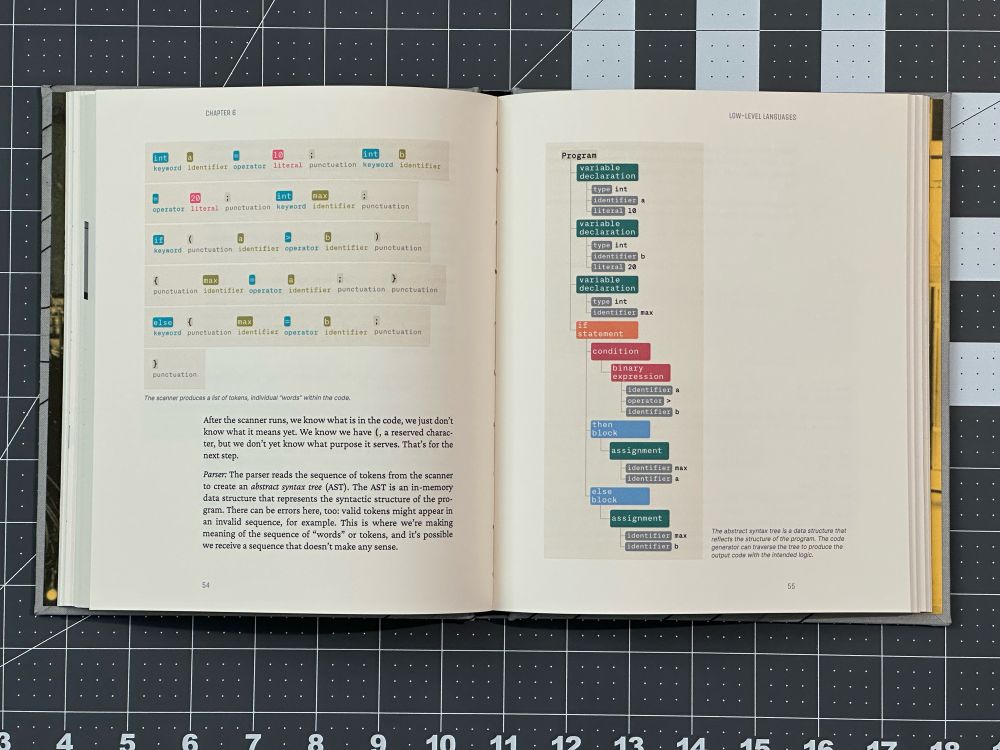
Excited to pore over this new book from Buddy Bindery. Thank you @alexanderobenauer.com for sharing your artistry with the world
25.07.2025 01:51 — 👍 6 🔁 1 💬 1 📌 0Love the pics. I hope you enjoy it!
26.07.2025 14:26 — 👍 2 🔁 0 💬 0 📌 0"Simply following one's curiosity — even when it seems unproductive to do so — is wildly underestimated as an activity that moves the human race forward. Feynman's spinning plates led to his Nobel prize."
18.07.2025 13:11 — 👍 10 🔁 5 💬 0 📌 0
Here's the article: arstechnica.com/gadgets/2010...
22.07.2025 17:12 — 👍 0 🔁 0 💬 0 📌 0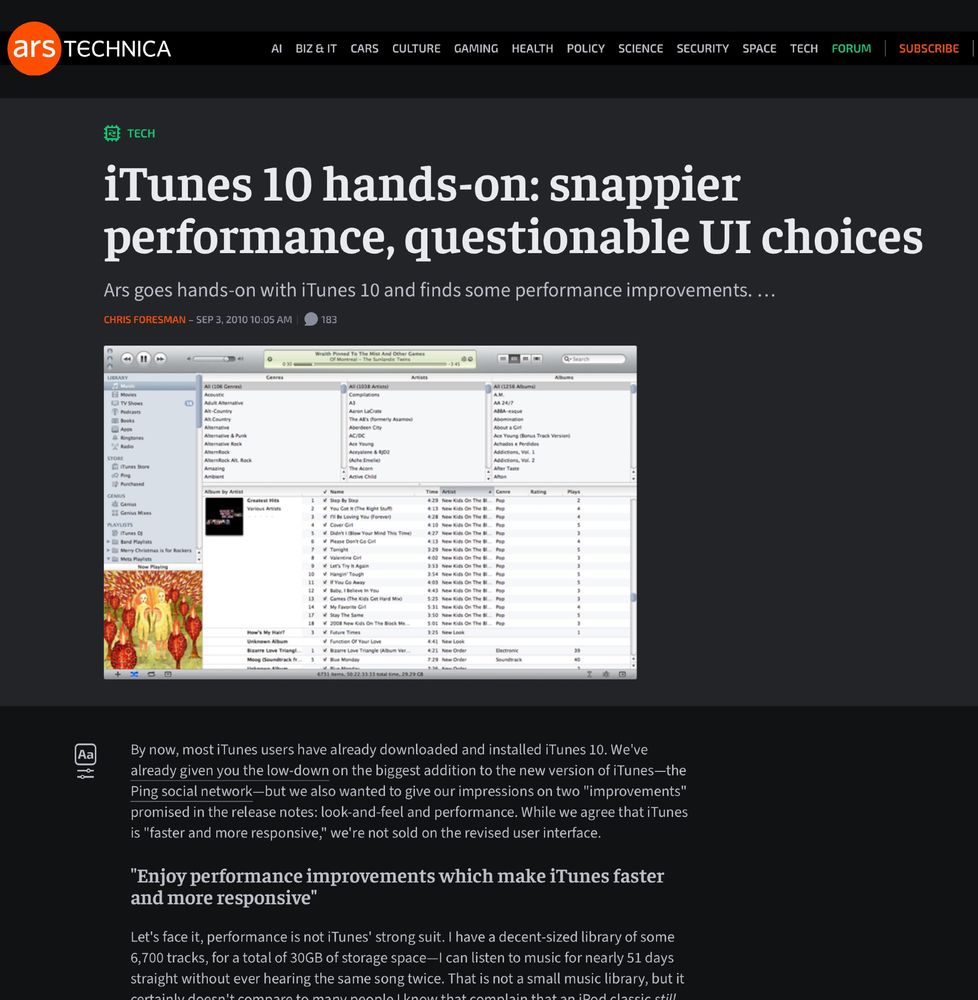
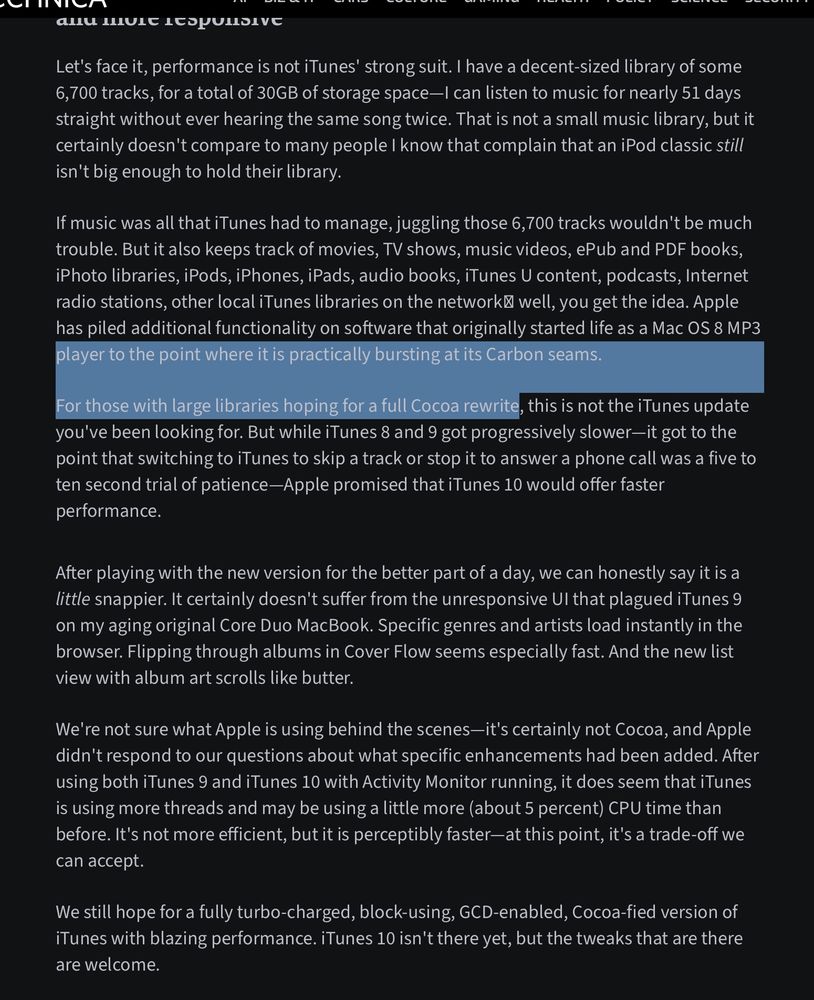
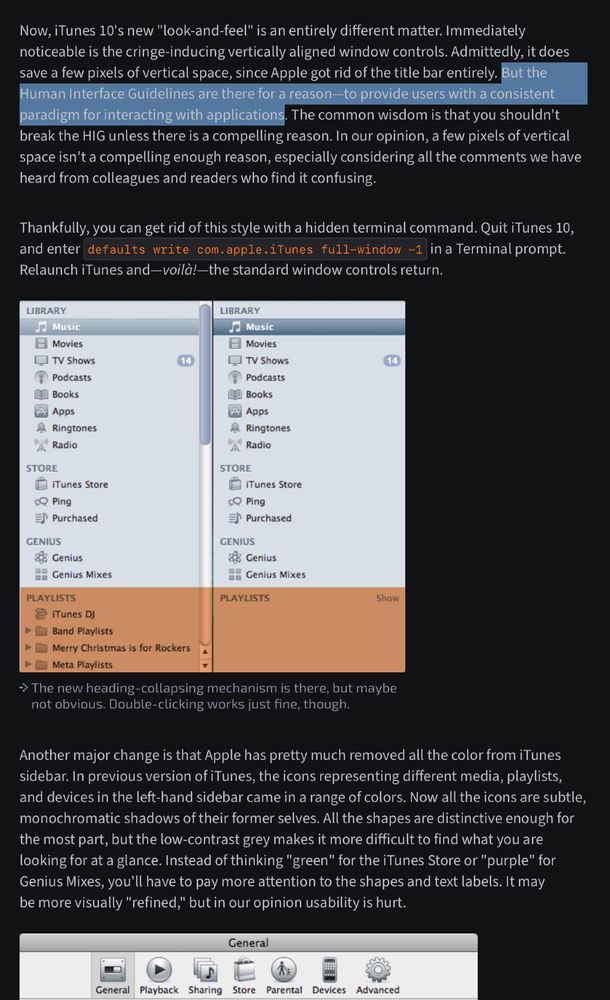
This Ars article from 2010 is fun to read now.
Discussion of Carbon vs. Cocoa apps, pointing out the portion of the user base eager for the Cocoa rewrite, evoking the Human Interface Guidelines in the face of unseemly UI decisions...
Such a different era.
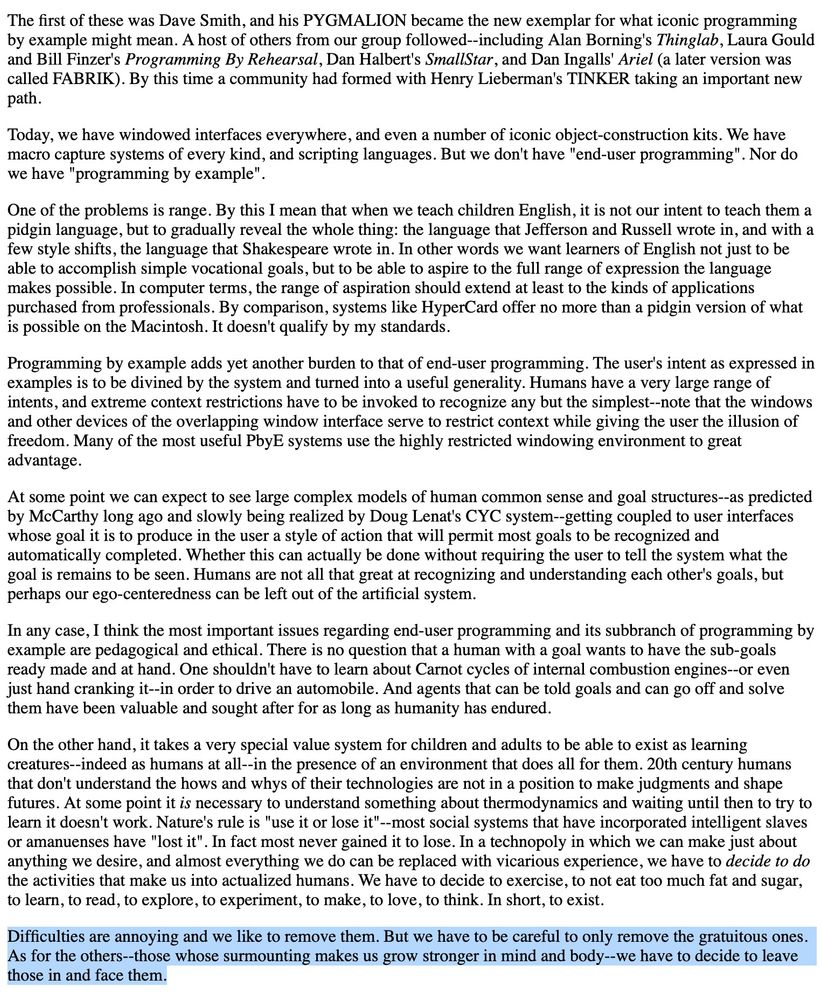
The system Smith went on to describe (for programming by demonstration) in part elicited some fascinating thoughts from Alan Kay:
17.07.2025 15:14 — 👍 14 🔁 6 💬 3 📌 0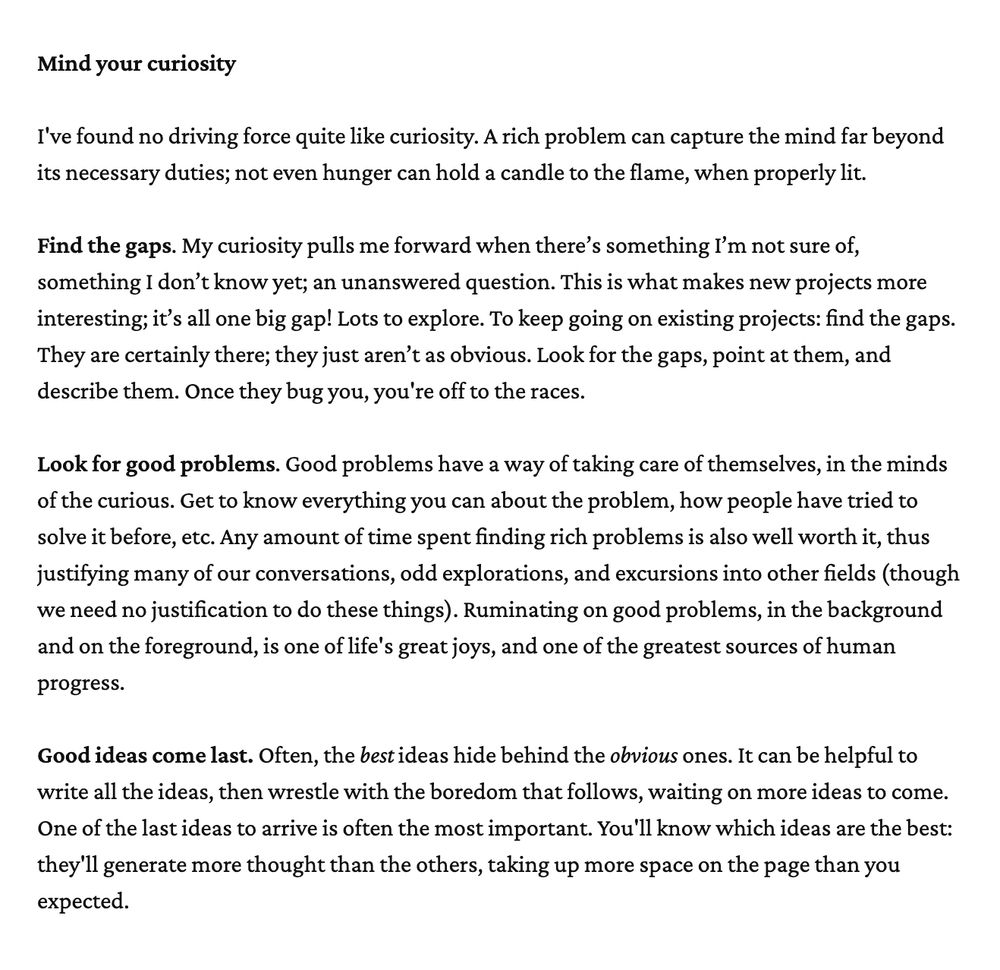
I've found no driving force quite like curiosity. A rich problem can capture the mind far beyond its necessary duties; not even hunger can hold a candle to the flame, when properly lit. **Find the gaps**. My curiosity pulls me forward when there’s something I’m not sure of, something I don’t know yet; an unanswered question. This is what makes new projects more interesting; it’s all one big gap! Lots to explore. To keep going on existing projects: find the gaps. They are certainly there; they just aren’t as obvious. Look for the gaps, point at them, and describe them. Once they bug you, you're off to the races. **Look for good problems**. Good problems have a way of taking care of themselves, in the minds of the curious. Get to know everything you can about the problem, how people have tried to solve it before, etc. Any amount of time spent finding rich problems is also well worth it, thus justifying many of our conversations, odd explorations, and excursions into other fields (though we need no justification to do these things). Ruminating on good problems, in the background and on the foreground, is one of life's great joys, and one of the greatest sources of human progress. **Good ideas come last.** Often, the *best* ideas hide behind the *obvious* ones. It can be helpful to write all the ideas, then wrestle with the boredom that follows, waiting on more ideas to come. One of the last ideas to arrive is often the most important. You'll know which ideas are the best: they'll generate more thought than the others, taking up more space on the page than you expected.
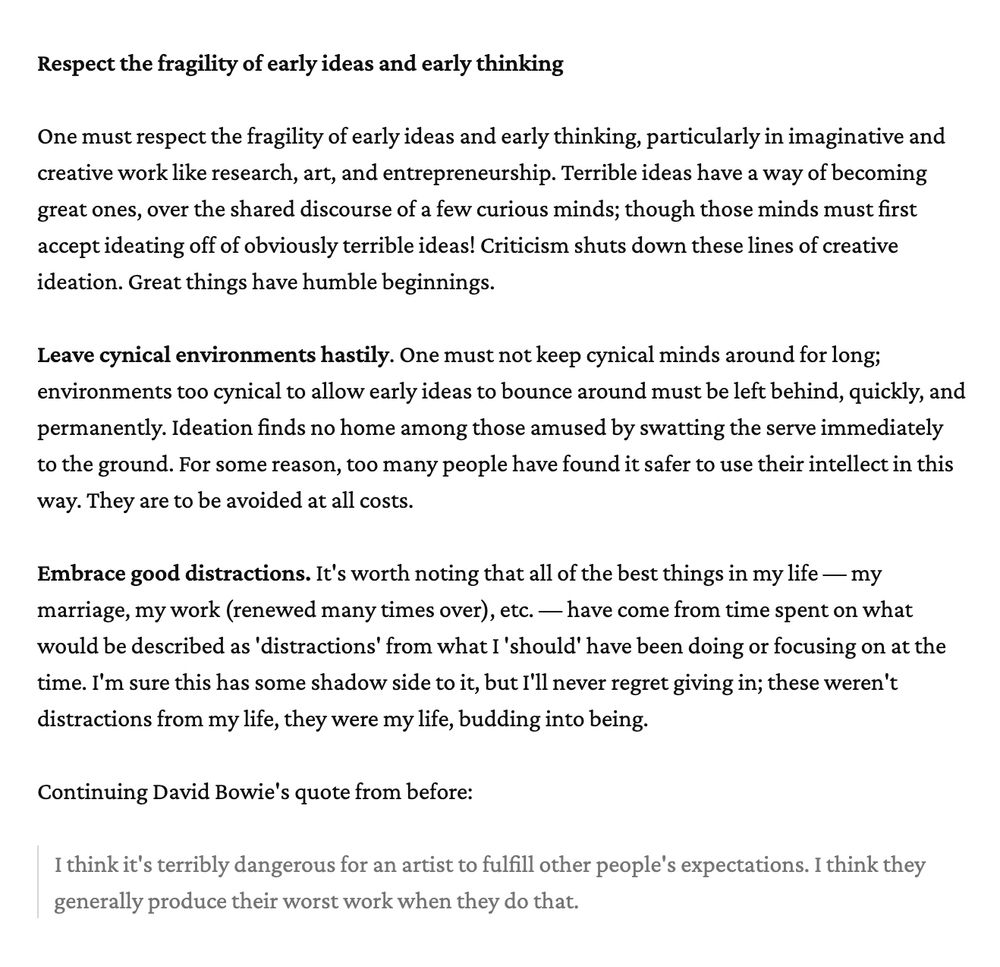
One must respect the fragility of early ideas and early thinking, particularly in imaginative and creative work like research, art, and entrepreneurship. Terrible ideas have a way of becoming great ones, over the shared discourse of a few curious minds; though those minds must first accept ideating off of obviously terrible ideas! Criticism shuts down these lines of creative ideation. Great things have humble beginnings. **Leave cynical environments hastily**. One must not keep cynical minds around for long; environments too cynical to allow early ideas to bounce around must be left behind, quickly, and permanently. Ideation finds no home among those amused by swatting the serve immediately to the ground. For some reason, too many people have found it safer to use their intellect in this way. They are to be avoided at all costs. **Embrace good distractions.** It's worth noting that all of the best things in my life — my marriage, my work (renewed many times over), etc. — have come from time spent on what would be described as 'distractions' from what I 'should' have been doing or focusing on at the time. I'm sure this has some shadow side to it, but I'll never regret giving in; these weren't distractions from my life, they were my life, budding into being. Continuing David Bowie's quote from before: > I think it's terribly dangerous for an artist to fulfill other people's expectations. I think they generally produce their worst work when they do that.
(2/2)
18.07.2025 12:57 — 👍 4 🔁 0 💬 0 📌 0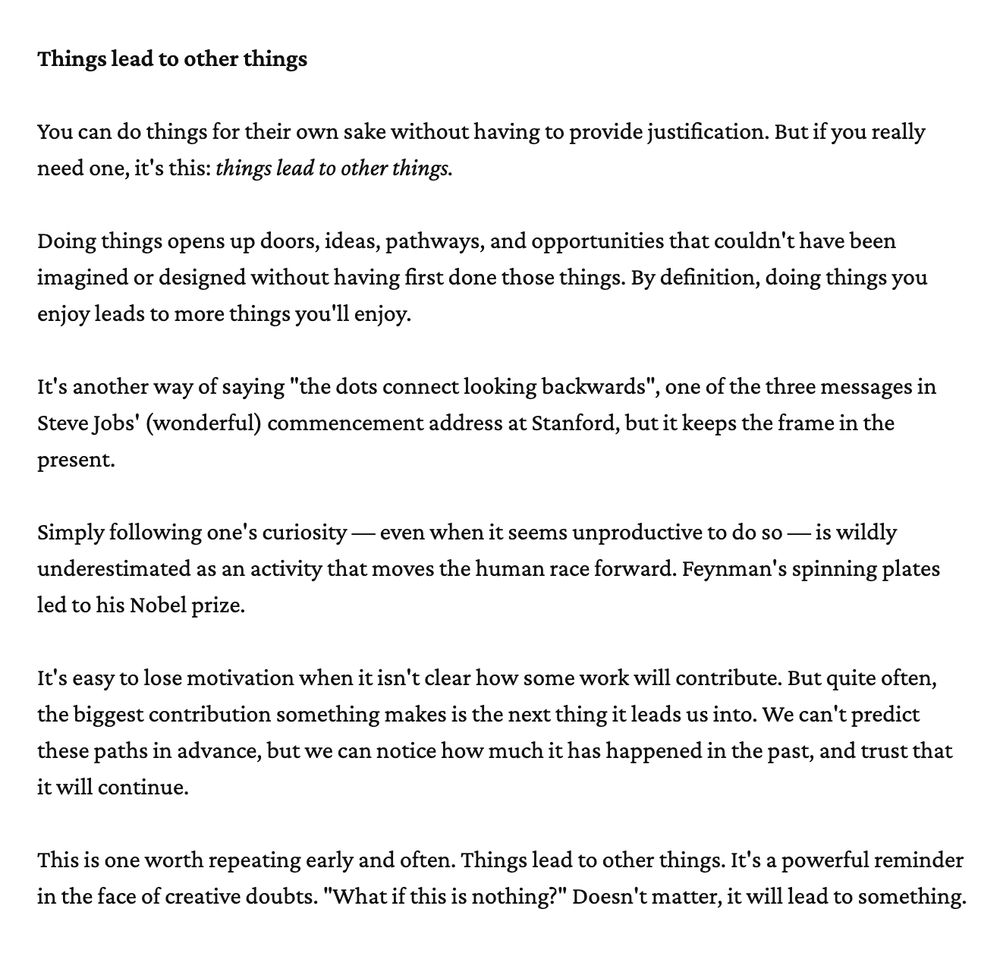
You can do things for their own sake without having to provide justification. But if you really need one, it's this: *things lead to other things.* Doing things opens up doors, ideas, pathways, and opportunities that couldn't have been imagined or designed without having first done those things. By definition, doing things you enjoy leads to more things you'll enjoy. It's another way of saying "the dots connect looking backwards", one of the three messages in Steve Jobs' (wonderful) commencement address at Stanford, but it keeps the frame in the present. Simply following one's curiosity — even when it seems unproductive to do so — is wildly underestimated as an activity that moves the human race forward. Feynman's spinning plates led to his Nobel prize. It's easy to lose motivation when it isn't clear how some work will contribute. But quite often, the biggest contribution something makes is the next thing it leads us into. We can't predict these paths in advance, but we can notice how much it has happened in the past, and trust that it will continue. This is one worth repeating early and often. Things lead to other things. It's a powerful reminder in the face of creative doubts. "What if this is nothing?" Doesn't matter, it will lead to something.
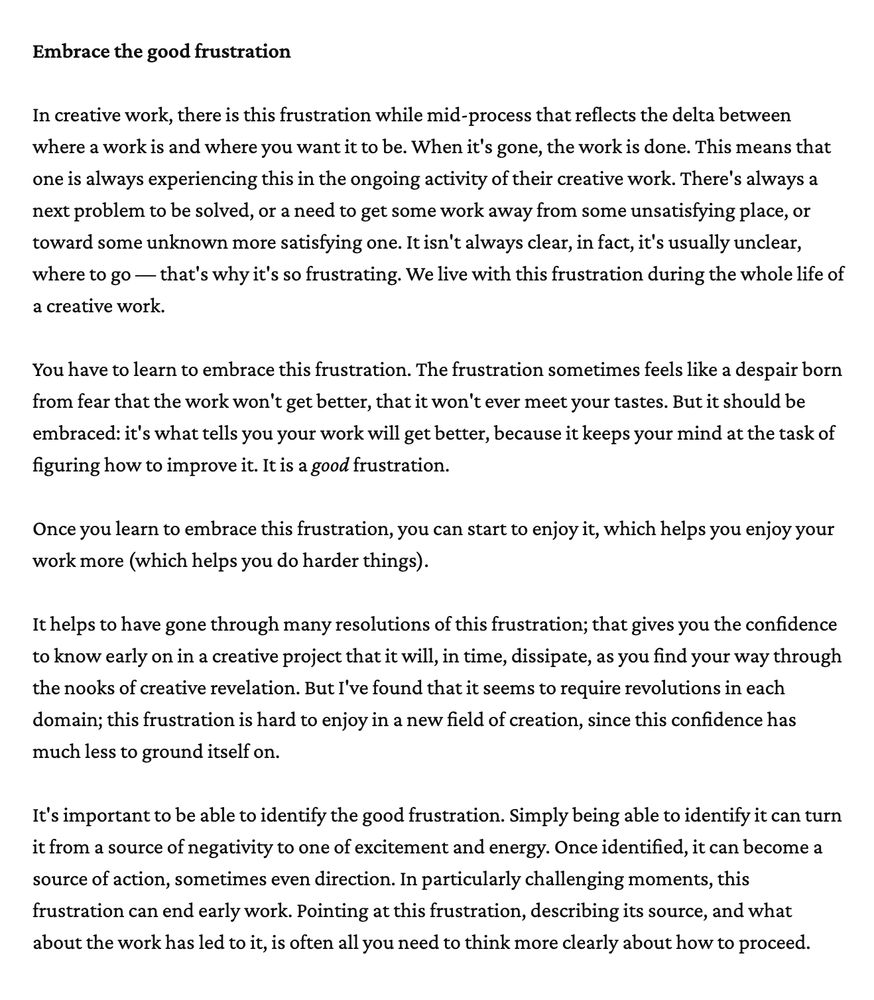
In creative work, there is this frustration while mid-process that reflects the delta between where a work is and where you want it to be. When it's gone, the work is done. This means that one is always experiencing this in the ongoing activity of their creative work. There's always a next problem to be solved, or a need to get some work away from some unsatisfying place, or toward some unknown more satisfying one. It isn't always clear, in fact, it's usually unclear, where to go — that's why it's so frustrating. We live with this frustration during the whole life of a creative work. You have to learn to embrace this frustration. The frustration sometimes feels like a despair born from fear that the work won't get better, that it won't ever meet your tastes. But it should be embraced: it's what tells you your work will get better, because it keeps your mind at the task of figuring how to improve it. It is a *good* frustration. Once you learn to embrace this frustration, you can start to enjoy it, which helps you enjoy your work more (which helps you do harder things). It helps to have gone through many resolutions of this frustration; that gives you the confidence to know early on in a creative project that it will, in time, dissipate, as you find your way through the nooks of creative revelation. But I've found that it seems to require revolutions in each domain; this frustration is hard to enjoy in a new field of creation, since this confidence has much less to ground itself on. It's important to be able to identify the good frustration. Simply being able to identify it can turn it from a source of negativity to one of excitement and energy. Once identified, it can become a source of action, sometimes even direction. In particularly challenging moments, this frustration can end early work. Pointing at this frustration, describing its source, and what about the work has led to it, is often all you need to think more clearly about how to proceed.
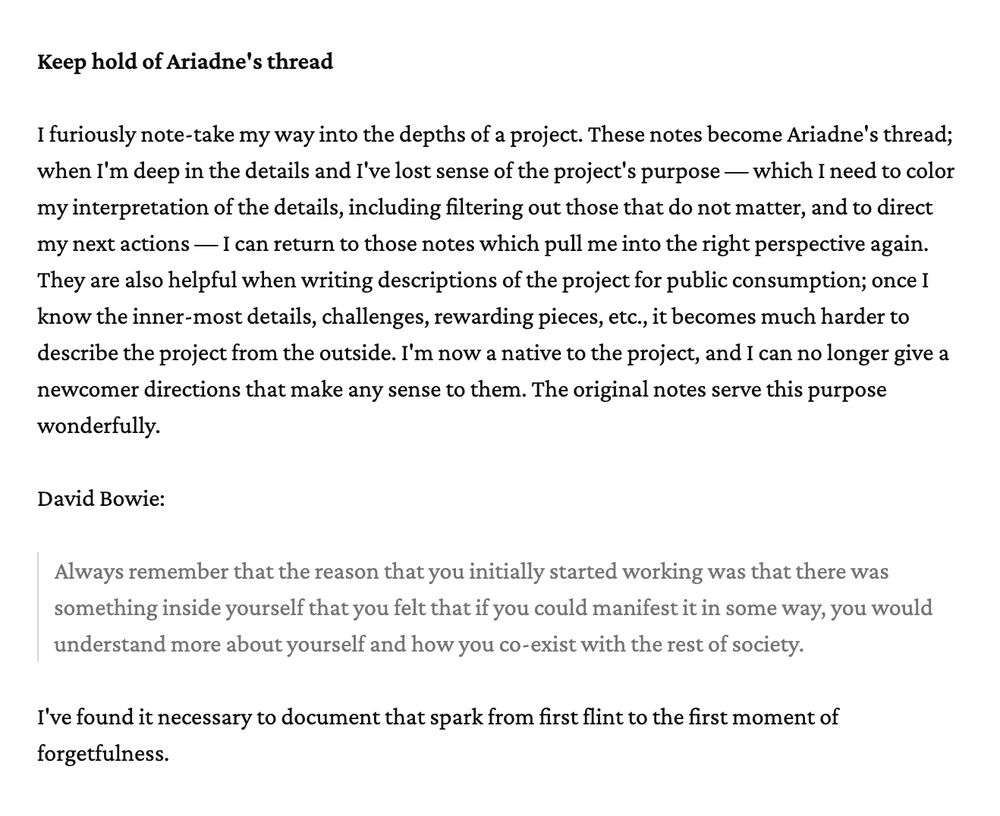
I furiously note-take my way into the depths of a project. These notes become Ariadne's thread; when I'm deep in the details and I've lost sense of the project's purpose — which I need to color my interpretation of the details, including filtering out those that do not matter, and to direct my next actions — I can return to those notes which pull me into the right perspective again. They are also helpful when writing descriptions of the project for public consumption; once I know the inner-most details, challenges, rewarding pieces, etc., it becomes much harder to describe the project from the outside. I'm now a native to the project, and I can no longer give a newcomer directions that make any sense to them. The original notes serve this purpose wonderfully. David Bowie: > Always remember that the reason that you initially started working was that there was something inside yourself that you felt that if you could manifest it in some way, you would understand more about yourself and how you co-exist with the rest of society. I've found it necessary to document that spark from first flint to the first moment of forgetfulness.
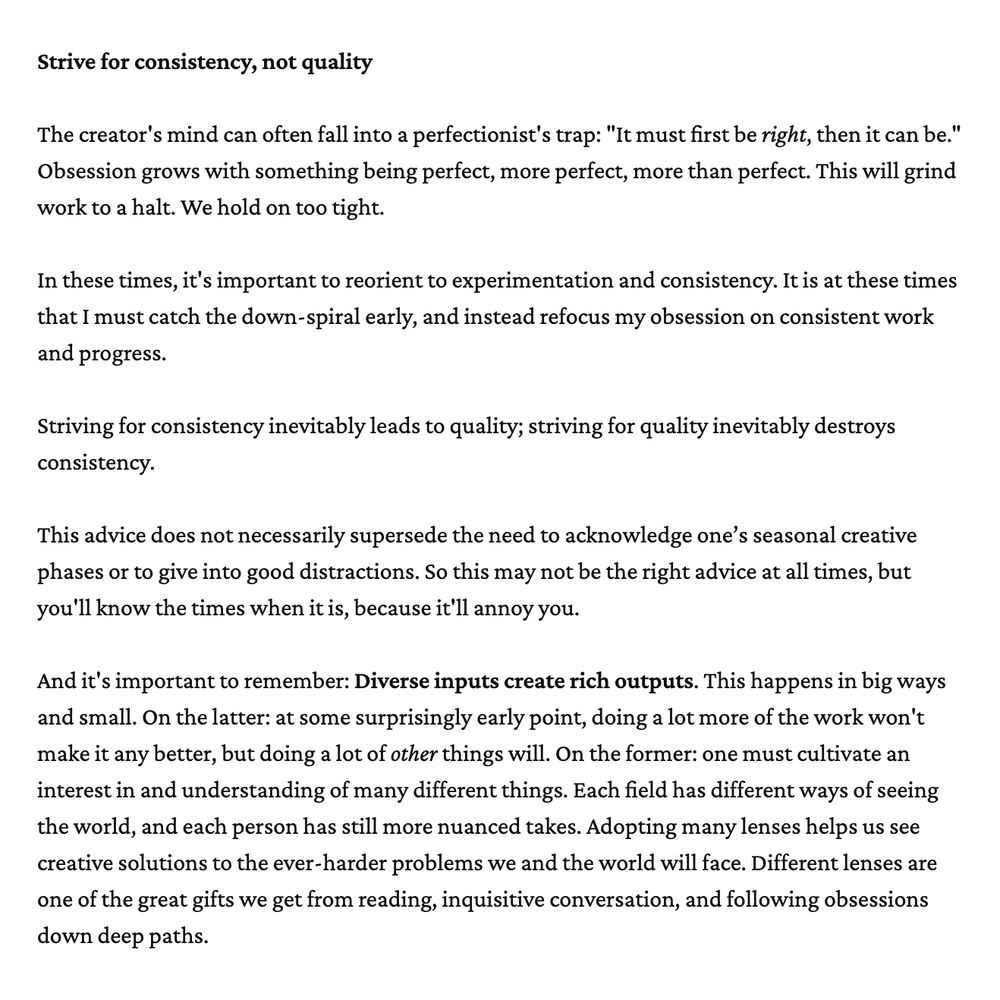
The creator's mind can often fall into a perfectionist's trap: "It must first be *right*, then it can be." Obsession grows with something being perfect, more perfect, more than perfect. This will grind work to a halt. We hold on too tight. In these times, it's important to reorient to experimentation and consistency. It is at these times that I must catch the down-spiral early, and instead refocus my obsession on consistent work and progress. Striving for consistency inevitably leads to quality; striving for quality inevitably destroys consistency. This advice does not necessarily supersede the need to acknowledge one’s seasonal creative phases or to give into good distractions. So this may not be the right advice at all times, but you'll know the times when it is, because it'll annoy you. And it's important to remember: **Diverse inputs create rich outputs**. This happens in big ways and small. On the latter: at some surprisingly early point, doing a lot more of the work won't make it any better, but doing a lot of *other* things will. On the former: one must cultivate an interest in and understanding of many different things. Each field has different ways of seeing the world, and each person has still more nuanced takes. Adopting many lenses helps us see creative solutions to the ever-harder problems we and the world will face. Different lenses are one of the great gifts we get from reading, inquisitive conversation, and following obsessions down deep paths.
Completed another trip around the sun this week. With gratitude, something to share:
Creative work is hilariously unintuitive to the adult mind. We are like beavers, blocking flow at the first sound of running water with dams made of any debris around.
Here are reminders I hold close:
(1/2)
First piece is from “Building Personal Tools by Programming", here: dl.acm.org/doi/pdf/10.1...
Kay’s writing here: acypher.com/wwid/FrontMa...
“By comparison, systems like HyperCard offer no more than a pidgin version of what is possible on the Macintosh. It doesn't qualify by my standards.” was the first critique of HyperCard’s technical and conceptual ideas I was able to find on a long search years ago.
17.07.2025 15:59 — 👍 1 🔁 0 💬 0 📌 0
The system Smith went on to describe (for programming by demonstration) in part elicited some fascinating thoughts from Alan Kay:
17.07.2025 15:14 — 👍 14 🔁 6 💬 3 📌 0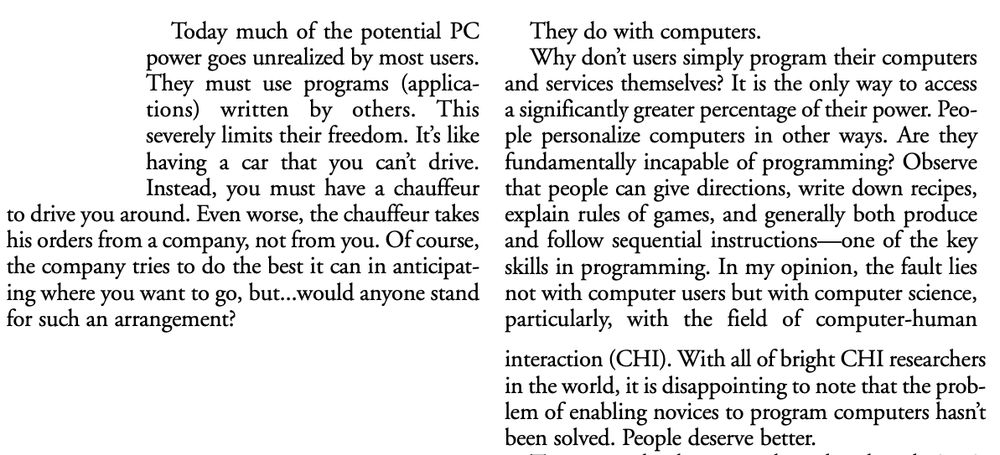
Dave Smith, 2000
17.07.2025 15:07 — 👍 9 🔁 4 💬 1 📌 0Fun fact: Since this page is the fist signature’s center fold, this sheet is at the top of every stack waiting to be bound into a book — so this quote has been, quite delightfully, surrounding me at the top of many stacks of paper all year.
10.07.2025 18:30 — 👍 1 🔁 0 💬 0 📌 0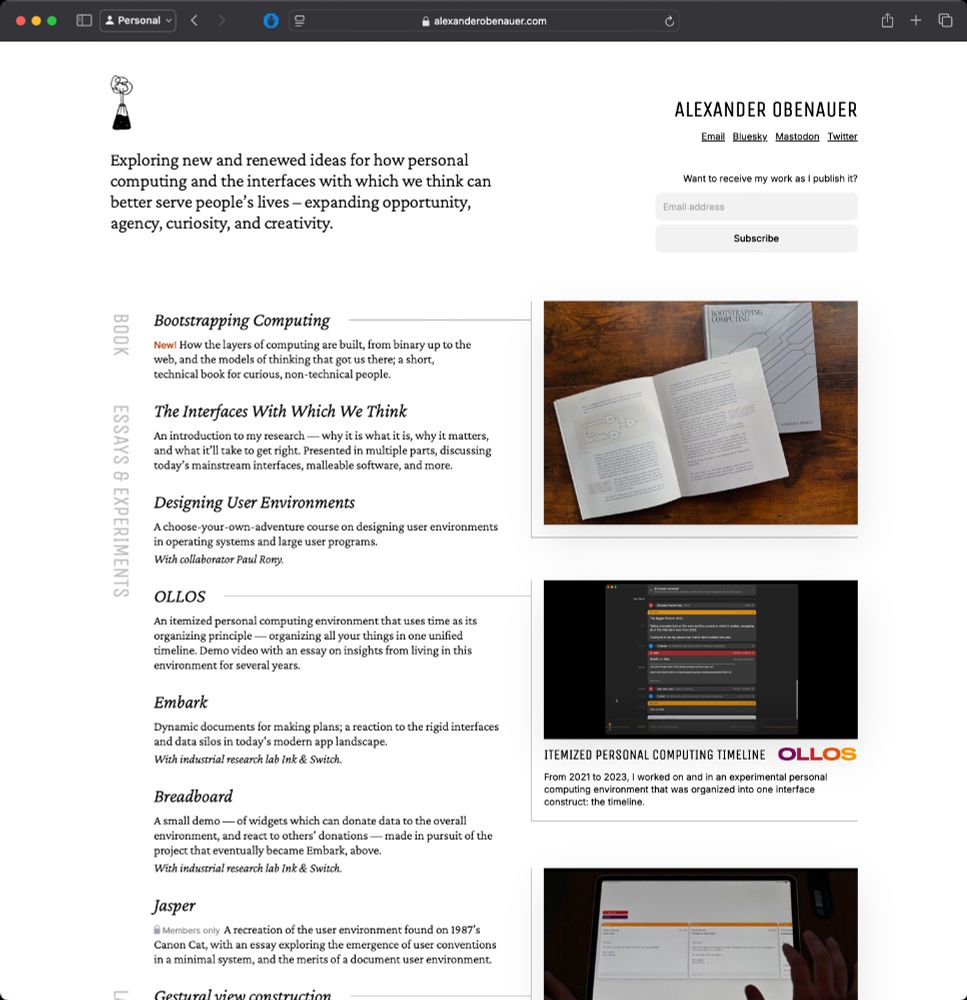
Screenshot of alexanderobenauer.com
Updated my website to begin surfacing more of the work that's remained buried multiple clicks deep, and to finally include a small 'about me' blurb.
There's still more to bring to the surface, but I'll leave it here for now.
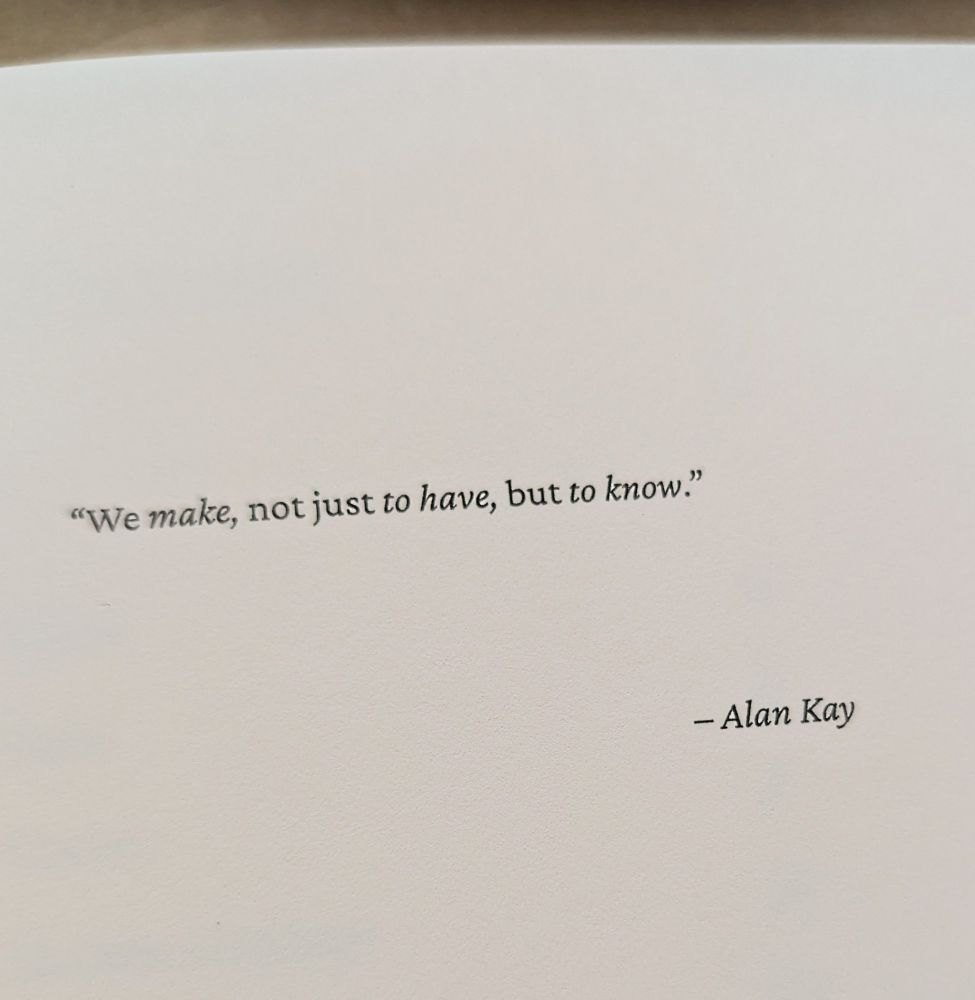
"We make, not just to have, but to know." – Alan Kay
great stuff @alexanderobenauer.com
in a world of tech slop, this quote feels relevant as ever:
Had an audio issue during this one — I am new to streaming!
Will go again for binding & coffee or binding & bourbon one morning or evening soon.
Livestreaming again in 20 minutes, making case wraps today!
08.07.2025 16:42 — 👍 2 🔁 0 💬 1 📌 0

Enjoyed this weekend's reading of the Declaration of Independence on the very balcony from which it was first read to the American public 249 years ago in Boston
07.07.2025 20:45 — 👍 1 🔁 0 💬 0 📌 0Livestreaming while bookbinding again tomorrow at 1 et / 10 pt!
07.07.2025 17:07 — 👍 0 🔁 0 💬 0 📌 0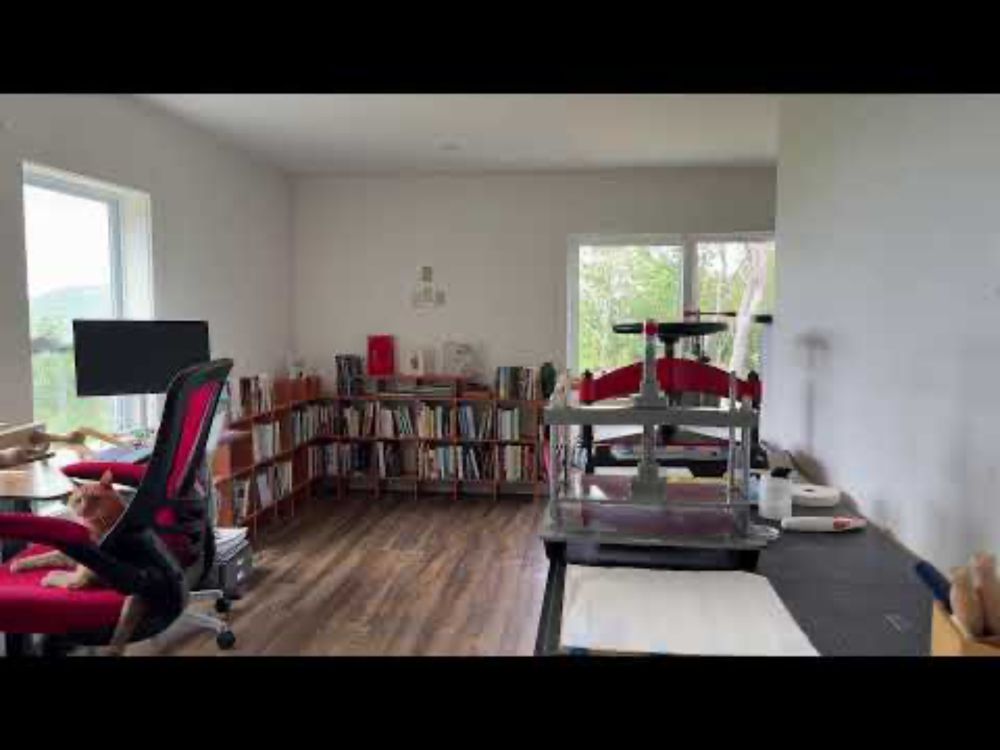
Thanks for joining! Video here: www.youtube.com/live/KHquxf5...
01.07.2025 18:17 — 👍 1 🔁 0 💬 1 📌 0Going live in 30m! Join me in our bindery as I hand make some books, or have me on in the background while you work.
01.07.2025 16:30 — 👍 0 🔁 0 💬 1 📌 0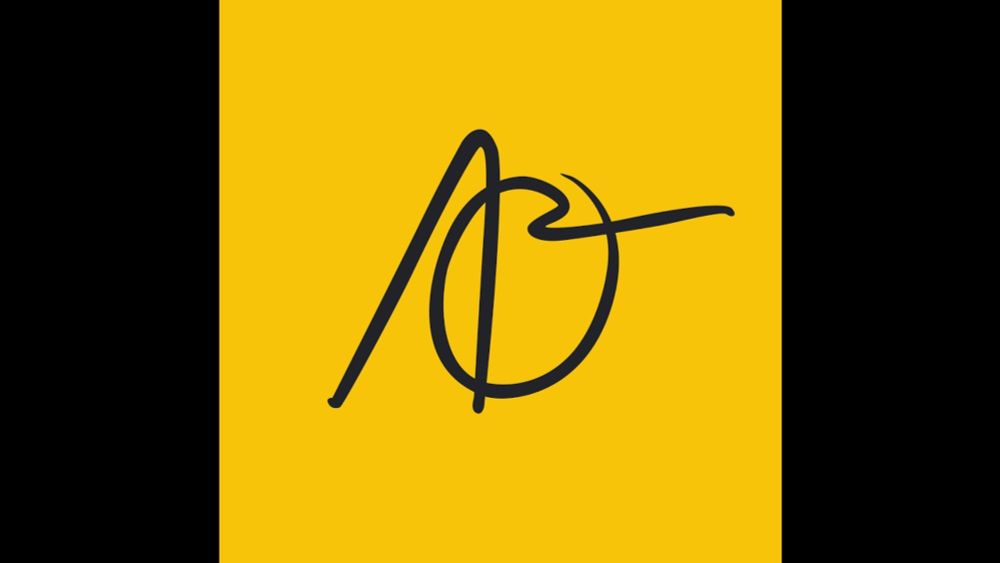
Livestream link (you can hit notify to be reminded when it goes live): youtube.com/live/KHquxf5...
30.06.2025 15:11 — 👍 2 🔁 0 💬 1 📌 0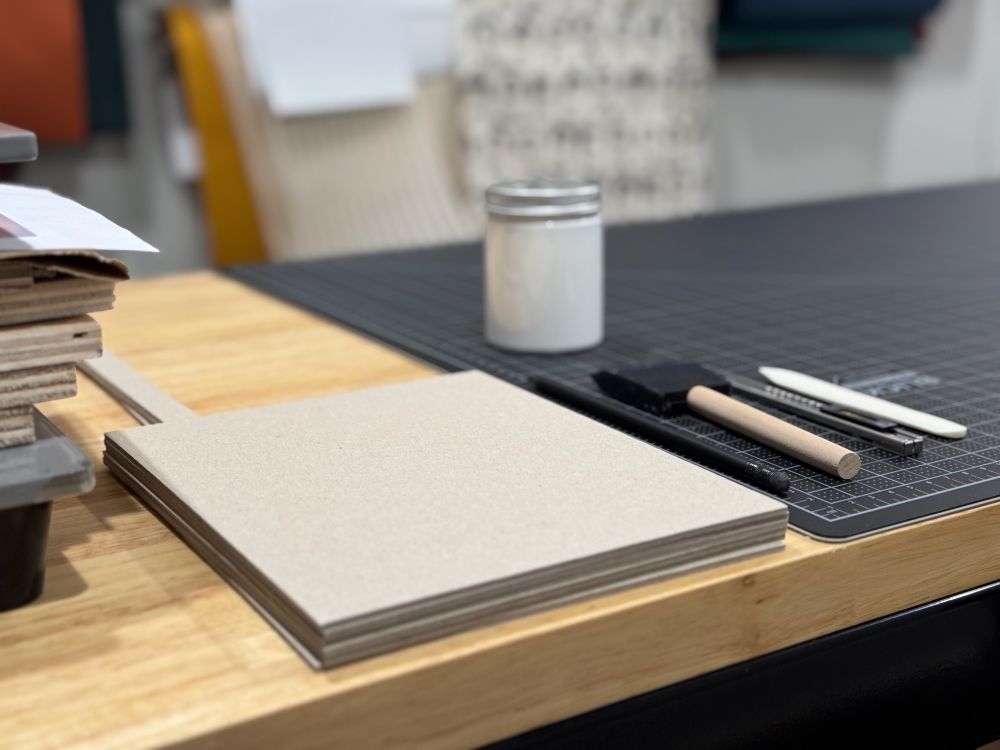
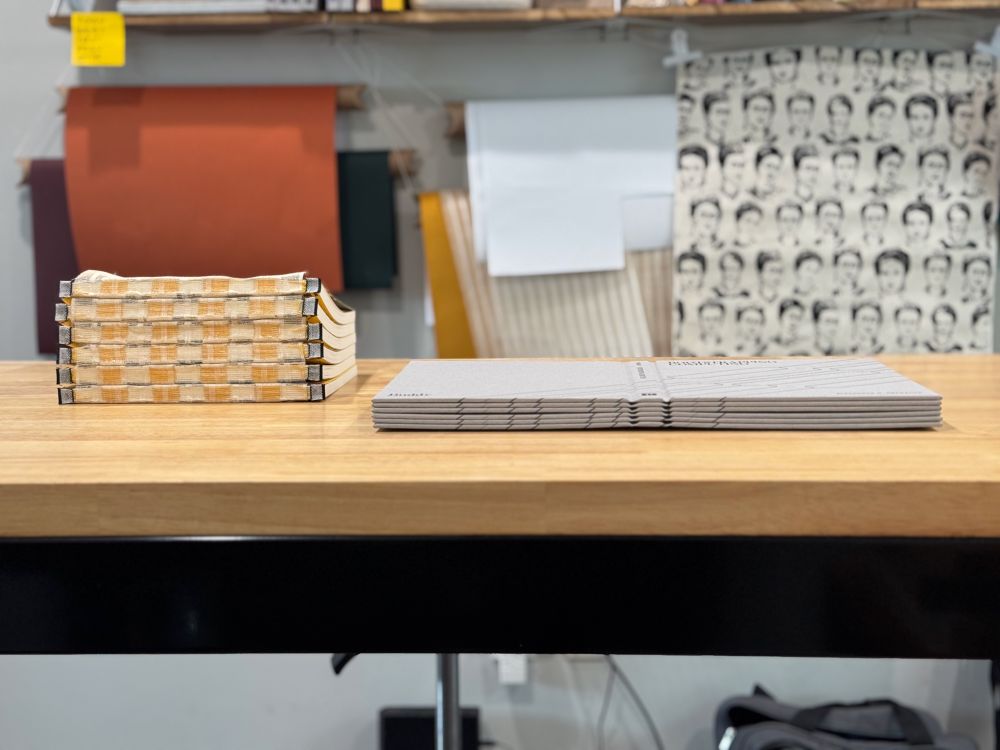
I'll be doing a book making livestream, tomorrow at 1 pm edt.
Join me while I make books by hand, the old fashioned way. Have me in the background on mute while you work, or come chat about book binding and other things.
Link in reply!
Will have another batch in the future - not sure when it'll open up, but it's coming!
27.06.2025 14:48 — 👍 1 🔁 0 💬 0 📌 0This has been a real delight to read, thanks for the reference @joodaloop.com 🤙
27.06.2025 14:47 — 👍 1 🔁 0 💬 1 📌 0Ah yes, it was this frustration with some recent favorites, poorly made, that really cemented our decision to get started.
I hope we get to make many other books this way! Lots of titles, some unwritten, some long since out of print, whose authors and readers deserve better construction.
Friends: make beautiful things.
27.06.2025 14:06 — 👍 4 🔁 1 💬 0 📌 0